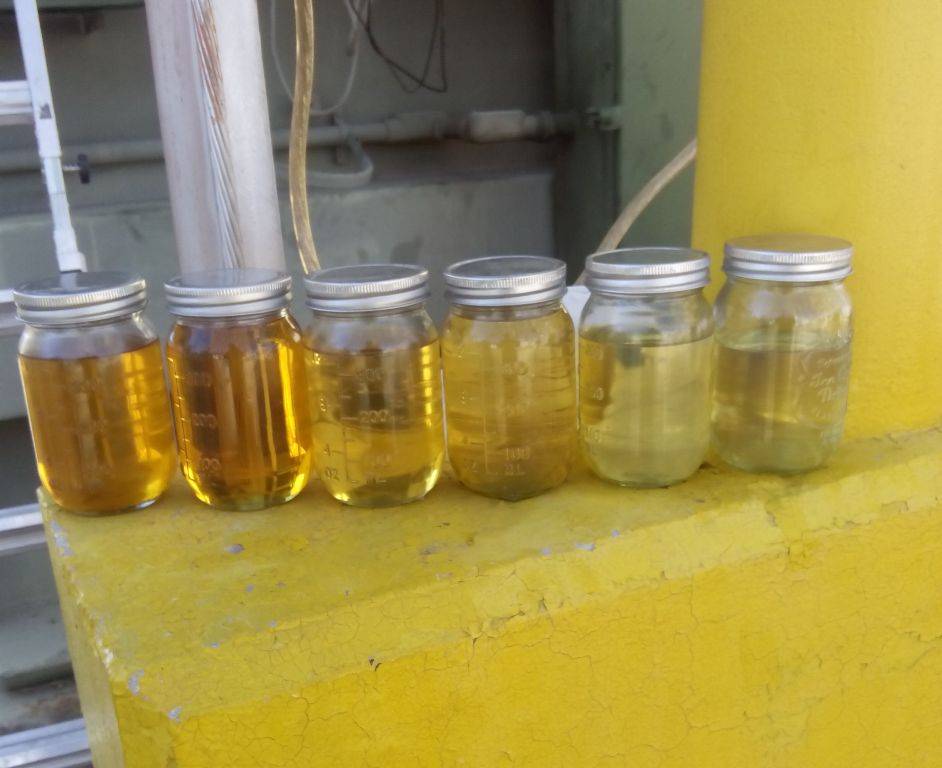Almost every hydraulic and lubricating system contains some contaminants even at the beginning of its service life. It may be metal particles originated during production or impurities that penetrated during initial assembly. Then the number of particles only increases since they may get through vent holes, joinings or during corrective maintenance.
There have been cases when one liter of a working fluid contained 100 million particles with a size of more than 1 micron. It has been established that about 80% of breakdowns of hydraulic and lubricating systems are caused by different contaminants that are formed as a result of jamming, bearing vibration, increased/extreme oil temperature or the absence of adequate hydraulic pressure.
It is therefore, necessary to ensure constant oil filtering by a coarse mesh filter and a superfine mesh filter. The coarse mesh filters are able to retain particles that are bigger than the size of the existing gaps. Fine mesh filters remove contaminants with a size up to 5 microns reducing to zero the wear of the working surfaces. The number of unfiltered particles has also a great impact on the wear rate of the equipment.
The modern hydraulic equipment and fluid industry has established international standard ISO4406. It is the internationally accepted standard used to rate the purity of oils and hydraulic fluids. According to ISO4406, the amount of particles with a size of more than 5 microns and the amount of the particles with a size of more than 15 microns is determined by measuring 100 millilitres of the working fluid.
Coarse mesh filters usually retain contaminants with a size of more than 25 microns that reduces the service life of friction knots, working in a mode, determined by elastohydrodynamic lubrication.
Service life may be substantially extended by using filters with a filtration fineness of 10 microns.
In addition to removing particiulate matter through filtration, water and moisture must also be removed. Water penetration should be also prevented since it is a dangerous impurity that can cause corrosion, favors cavitation and accelerates oil’s aging and degradation. Additionally, water favors the sedimentation of additives, the reduction of lubricating film thickness, and the accelerated wear of the gear pump.

